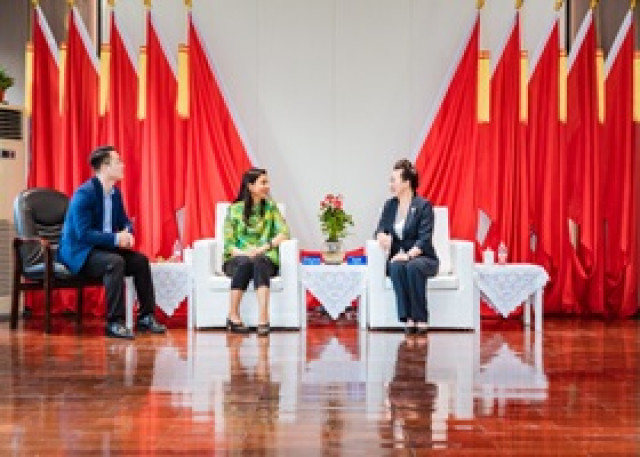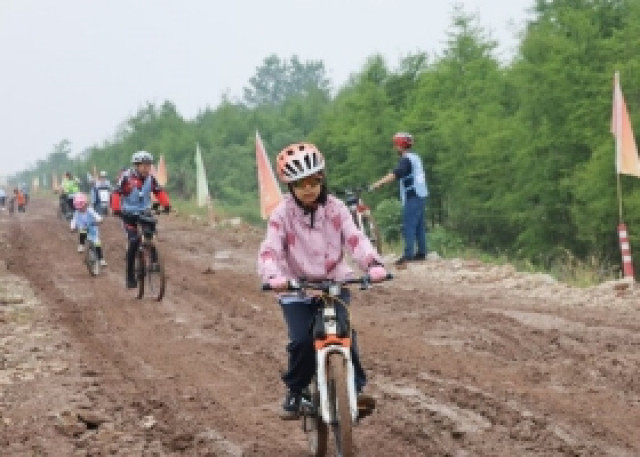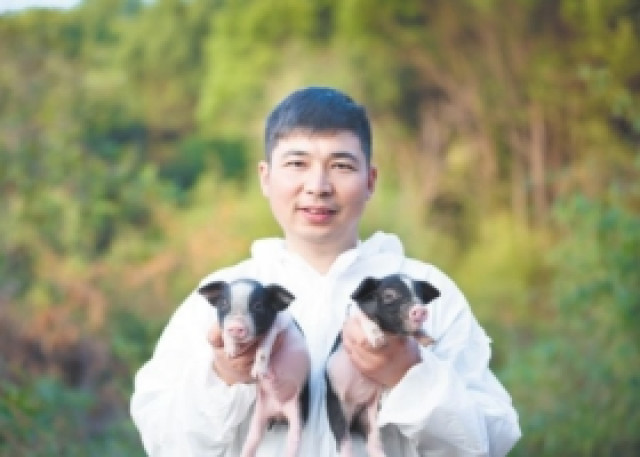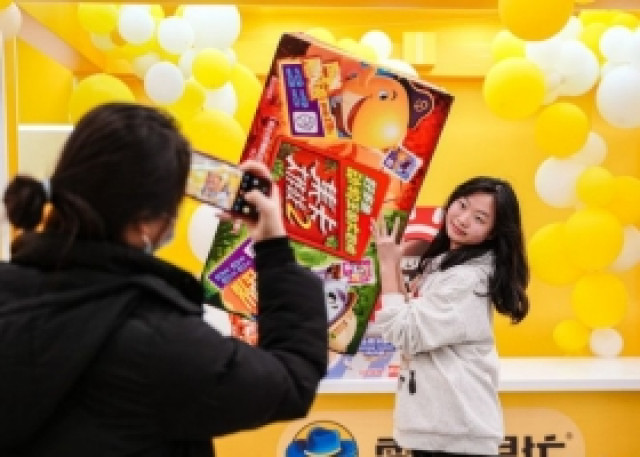Second-hand goods trading gains popularity among young people in China
Trading second-hand goods such as books, toys, and home appliances is becoming increasingly popular among young Chinese who value both the affordability and sustainability of reusing items.
According to March’s latest data from Xianyu, one of China's largest platforms for second-hand goods trading, its average daily transaction volume now exceeds 1 billion yuan (about $138.03 million), with around 4 million items listed daily. Notably, the majority of the platform’s users are young, with those born after 1995 and 2000 making up 43 percent and 22 percent of the user base, respectively.

Liu An'an, a student at Hunan Normal University in Changsha city, central China's Hunan Province, exemplifies this trend. During a “treasure hunting” visit to Tianxin Pavilion Antique Market in Changsha, she spent 135 yuan on a second-hand Canon digital camera with a CCD sensor and 30 yuan on a Bodhi bead bracelet, finding that these items offer better value compared to new ones.
In addition, Liu and her roommates purchased a second-hand washing machine. Used by three previous owners, it still functions well. "We bought it from a graduating student in our university's chat group dedicated for second-hand goods," she said. She mentioned that home appliances like washing machines are not easy to move, but they have a long lifespan. Reselling them at relatively low prices is a win-win situation for both the buyer and the seller.

Xuanyuandian Lane in Changsha has become a hotspot for young thrifters, housing over 10 second-hand clothing stores.
Mao Jiaqi, a student from China's Macao Special Administrative Region studying in the city, is a frequent visitor to the lane. Here, the second-hand clothing lover, Mao, can not only buy fashionable clothing for photo opportunities at a reasonable price, but also sell her clothes that were worn only once and then left unused.

"It's surprising that flea markets of the Chinese mainland are popular too," Mao said. She brought 30 idle clothing items to a flea market on Zuoju Street and sold around 20 of them at approximately a 40 percent discount in March. For Mao, the satisfaction derived from giving her clothes a new life outweighs the monetary gain, reflecting a broader shift toward sustainable consumer practices among young people in China.










